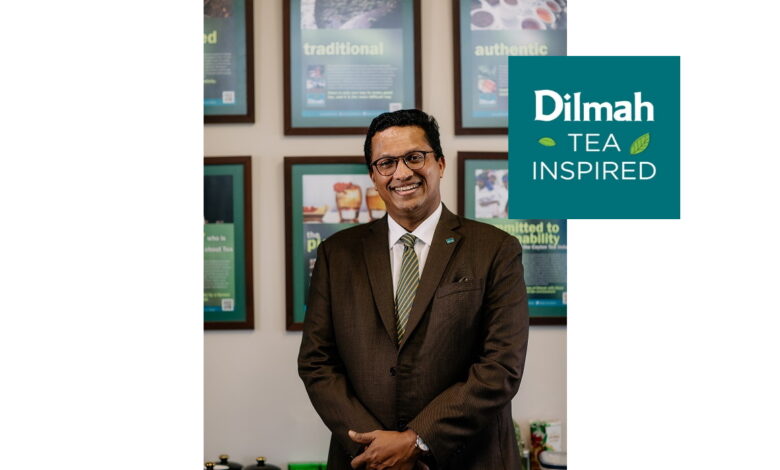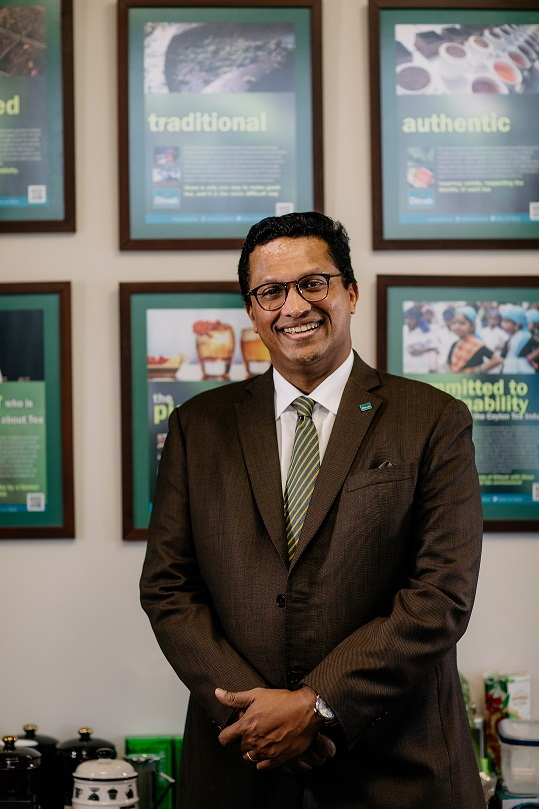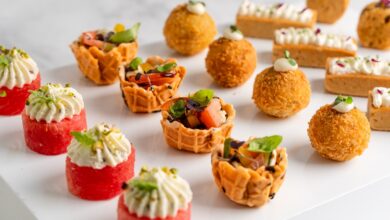
- Dilmah hosts another successful immersive School of Tea Program with over 200 participants
- YouGov research reports that 66% of the UAE visited a hotel/restaurant for a luxury high tea in 2021
With tea becoming a necessity in everyday life, it is even more significant in guests experience in hotels. Dilmah, the world leading tea brand conducted research with YouGov and it showed that 66% of UAE visited hotels or a restaurant for luxury high tea last year and it also revealed that 34% of guests order a luxury tea when they visit a hotel.

In support of elevating the role of luxury tea, Dilmah organized its School of Tea program, the World’s first tea school certification in Dubai and Abu Dhabi in the presence of over 200 participants from the hospitality industry. Dilmah School of Tea was first established in 2009 and has so far hosted over 70 schools of tea globally and it seeks to inspire passion in tea through knowledge of its artisanal aspects and versatility but also enlightens and inspires knowledge amongst its participants. Held annually, The Dilmah School of Tea was previously held in Europe, Riyadh and Sri Lanka.

The training program aims for the participants to soak up all the knowledge encircling nature’s luxury — Tea, through an intensive 6-hour program where each participant walks away with a World Association of Chefs’ Societies (WACS) endorsed certificate. WACS comprises of 10 million Chefs, and the Dilmah School of Tea is regarded as the first-of-its-kind World Chefs certified tea school.
Dilhan C. Fernando, Tea Grower & Dilmah CEO said, “We are pleased to bring The Dilmah School of Tea to the UAE and contribute to the growth of the hospitality sector through knowledge sharing and elevate the presence of tea in the region. The Dilmah School of Tea aims to inculcate respect for this ancient herb by educating consumers, tea aficionados and hospitality professionals about its diversity and versatility and position this delicious herb at the apex of a luxurious experience. This includes the use of tea in tea gastronomy and tea mixology where tea inspired cuisine and beverages lend to a new gastronomic experience as well as the harmonious pairing of tea and food.”
The key topics covered during the program were Tea gastronomy, Tea Mixology and Food Pairings led by experts in their field including Tea Grower & Dilmah CEO, Dilhan C. Fernando and Mixologist Robert Schinkel.
“At Dilmah, our endeavor is to share our expertise garnered over a lifetime devoted to tea, through our family-owned business, to people around the world. At the School of Tea, we celebrate this herb and explore its myriad possibilities even to the extent of pairing tea with music.” Added Fernando
With the resurgence of tea and the increased appreciation of tea culture, tea has become a modern must-have experience within the global hospitality industry. Insights from the YouGov poll, a popular global public opinion data research suggests 1 in 3 consumers order a luxury tea when they visit a hotel property. Tea often plays a vital role in elevating guest experience through all the touch-points in the hospitality industry, from extending warmth of welcome into a property by offering a beverage that is pure, natural, healthy and importantly, refreshing to in-room tea stations making guests feel at home and special. The research from YouGov suggests, 58% of people look for luxury teas in their room.
Tea has proven health benefits and is highly driven now more than ever by concerns on wellness and immunity, tea saw a strong growth during and post Covid-19 pandemic. A single word that sums up the change is mindfulness. In the new norm, tea drinkers are more mindful than ever of the goodness in what they eat and drink. Tea has an abundance of the good stuff, particularly high flavonoid content. Flavonoids are antioxidants that can protect our bodies from oxidative stress – a key factor in the development of heart disease, stroke, cancer, diabetes, dementia and other non-communicable diseases. Antioxidants in tea are also said to boost immunity and help the body cope with emotional stress.





